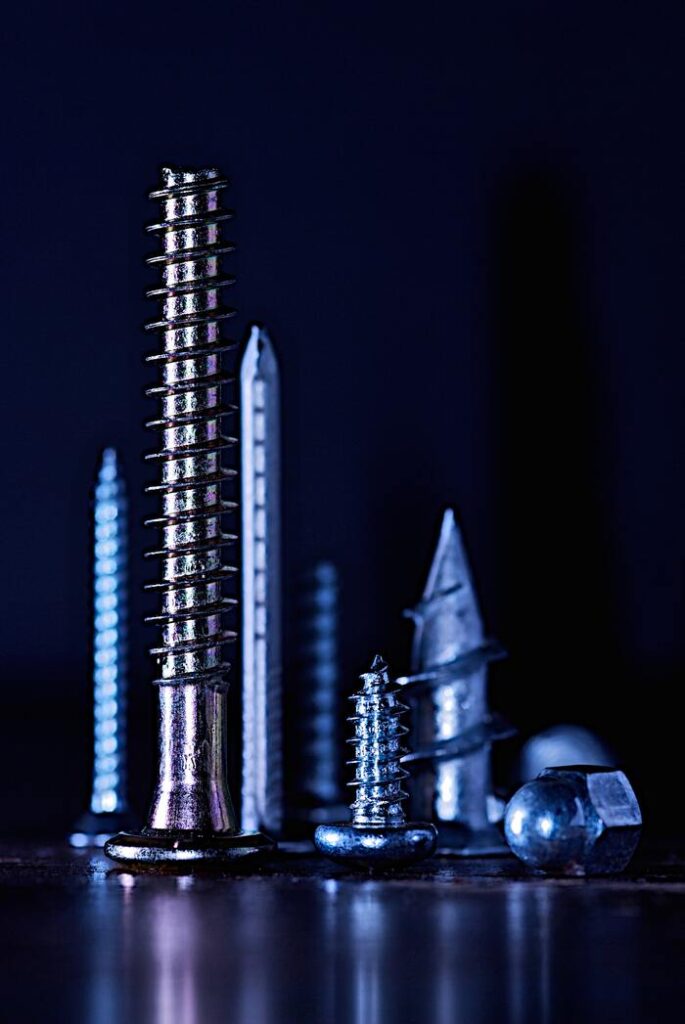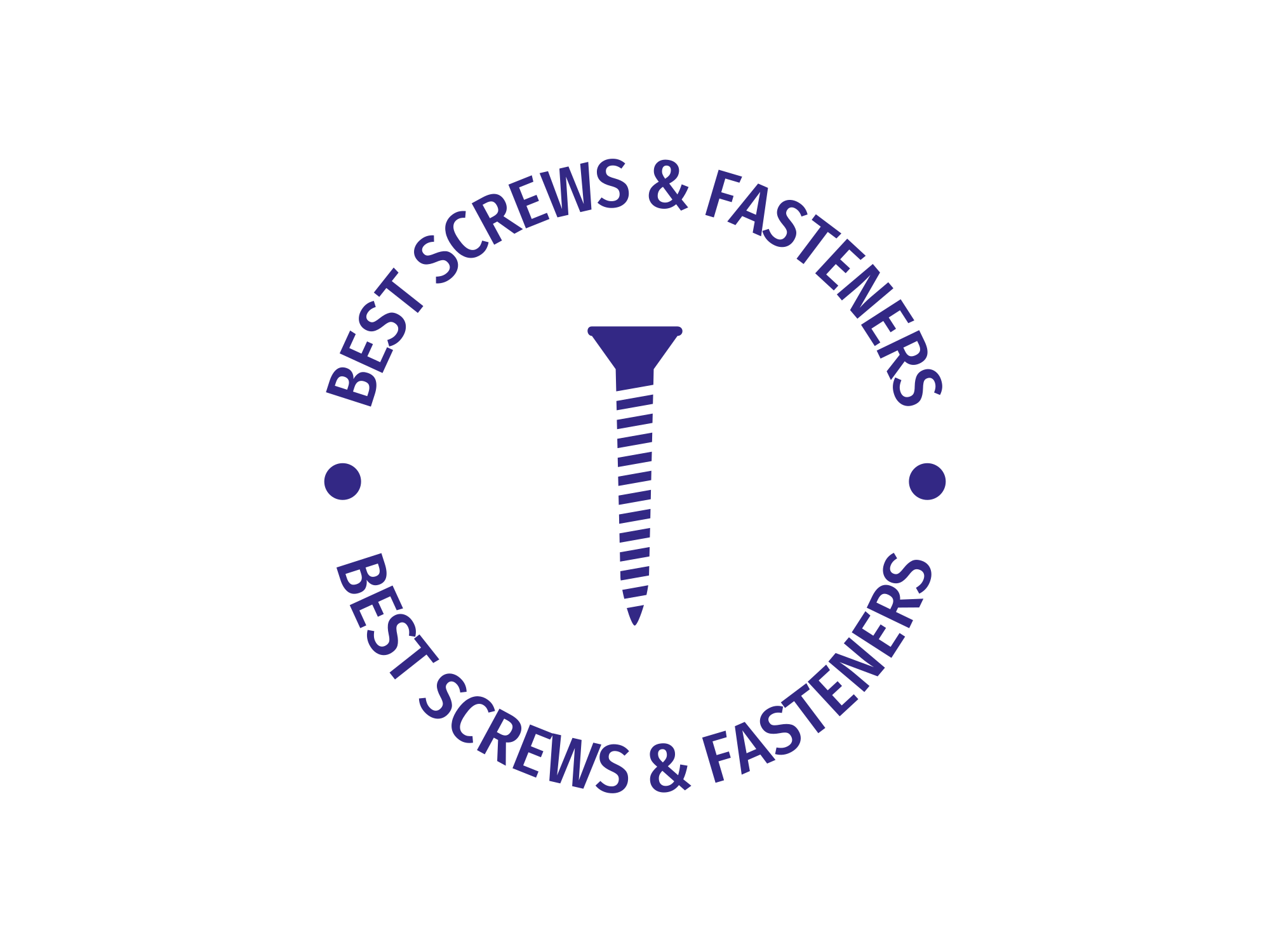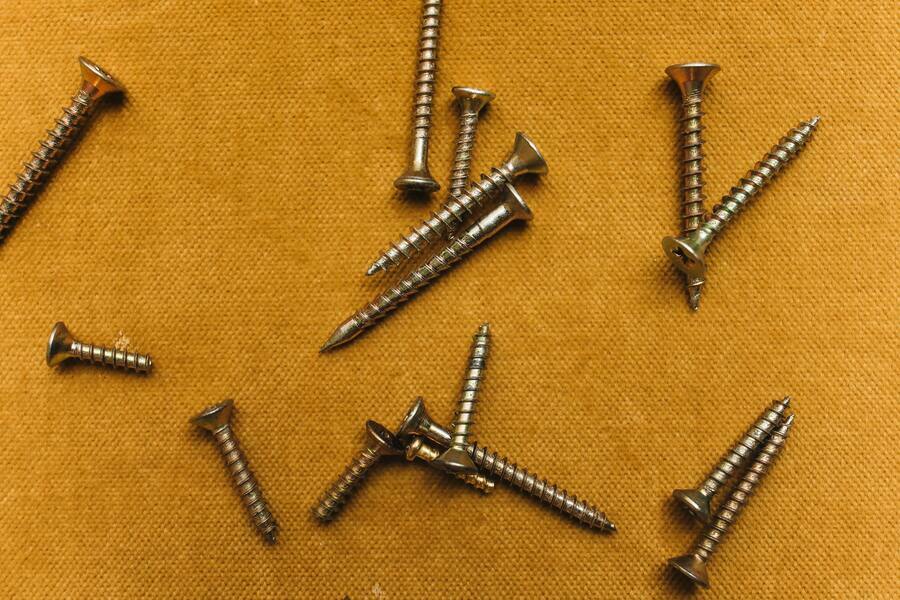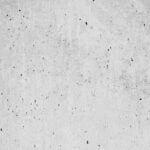Structural screws are an important element in many construction projects, as they provide a strong and secure connection that can withstand the stresses of the structure.
Structural screws serve as the backbone of numerous construction projects, functioning as much more than just simple fasteners. They are specifically engineered to provide a robust and secure connection capable of withstanding significant mechanical stresses and loads. Unlike conventional screws, structural screws are often made from high-grade materials, such as hardened steel or specialized alloys, that enhance their tensile strength, shear force resistance, and long-term durability.
These fasteners play a crucial role in the integrity of a building or structure. When employed properly, they ensure that components stay securely connected under various conditions, including shifts in temperature, exposure to environmental elements, and even seismic activity. Their design often includes features like specialized threading or unique head shapes that provide superior torque and holding power, thereby reducing the likelihood of loosening over time.
Furthermore, the choice of structural screws can have downstream implications on the overall cost-efficiency, safety, and longevity of a project. Thus, understanding the types of structural screws available, their specific applications, and how they differ from standard screws, is essential for any construction professional, engineer, or DIY enthusiast involved in building or repairing structures that must stand the test of time.
Table of Contents

They are commonly used in framing, deck building, and other applications where a strong and reliable fastening method is required.
Structural screws can also be used to join different materials together, such as wood and metal, making them a versatile choice for many construction projects.
In this article, we will explore the different types of structural screws available, the advantages of using them, and some tips for selecting the right screws for your project.
History of Structural Screws
Screws have been used for thousands of years, with the earliest known examples dating back to ancient Egypt.
However, it wasn’t until the Industrial Revolution in the 18th and 19th centuries that screws began to be mass-produced and used extensively in construction.
Initially, screws were made of iron and were relatively weak compared to modern screws.
In the early 20th century, the development of stronger materials such as steel and titanium allowed for the production of stronger and more durable screws.
The introduction of machine screws, which have a uniform thread pattern, also made screws easier to use and more reliable.
Today, structural screws are made of a variety of materials, including steel, stainless steel, and other alloys, and are available in a range of sizes and thread patterns to suit different applications.
Types of Structural Screws
There are several types of structural screws available, each designed for specific applications.
Some of the most common types include:
Structural Wood Screws
These screws are designed specifically for use in wood and are available in a range of sizes and thread patterns to suit different wood species and applications.
A Closer Look To Structural Wood Screws
Structural wood screws are specialized fasteners crafted specifically to optimize both holding power and aesthetic finish when working with wood. Unlike generic screws, these come in a plethora of sizes, lengths, and thread patterns to cater to a variety of wood species and applications, from softwoods like pine to hardwoods like oak. They can also be particularly useful for outdoor applications where weather resistance may be a factor.
Size Range
These screws are typically available in a wide range of sizes, often denoted in both imperial and metric measurements. The size diversity allows craftsmen and builders to pick screws tailored to the thickness and sturdiness of the wood they are working with.
Thread Patterns
One of the defining characteristics of structural wood screws is the intricacy of their thread patterns. Threads are engineered to minimize wood splitting, making pre-drilling often unnecessary. Coarse threads are commonly used for softer woods, while fine threads work better in hardwoods to ensure strong holding power.
Material and Coating
Moreover, many structural wood screws come with special coatings or are made from materials like stainless steel to provide extra corrosion resistance, a feature that becomes indispensable for outdoor wooden structures like decks or pergolas.
Application Specific
Whether you’re working on a wooden furniture project, a decking structure, or even a timber-frame building, there’s likely a specific type of structural wood screw designed to meet your application’s unique needs.
Structural Metal Screws
These screws are designed for use in metal and are often made of stainless steel or other corrosion-resistant alloys.
A Closer Look To Structural Metal Screws
Structural metal screws are purpose-built fasteners engineered for securing metal-to-metal or metal-to-other-materials connections. Unlike general-purpose screws, these are often made from premium materials like stainless steel, zinc-coated steel, or other corrosion-resistant alloys, which enhances their durability and makes them ideal for applications that demand high tensile and shear strength.
Material Choices
When it comes to material, stainless steel is often the go-to choice for its high corrosion resistance, but other alloys may offer additional benefits, such as resistance to heat or extreme pressure. Aluminum screws, for instance, may be chosen for lightweight applications, while high-strength titanium screws may be preferred in aerospace or military uses.
Thread Design
The thread design of structural metal screws is also specialized. These threads are often finer and designed to provide strong engagement with metal surfaces. Some may come with self-drilling or self-tapping features that eliminate the need for pre-drilled holes, thus speeding up the assembly process.
Coating Options
Beyond the raw materials, these screws can also feature a range of protective coatings that further enhance their resistance to environmental factors like humidity, saltwater, or chemicals. Common coatings include zinc plating, black oxide, and galvanized coatings.
Application-Specific Features
Structural metal screws are typically manufactured with specific applications in mind, such as automotive assembly, HVAC installations, or structural engineering projects. Therefore, you may find screws with particular head styles, such as hex, Phillips, or Torx, to suit specialized assembly tools.
Versatility
While these screws are primarily designed for metal applications, their superior strength and corrosion resistance often make them a good choice for other demanding tasks, such as securing plastic or composite materials.
Structural Plastic Screws
These screws are designed for use in plastic and are often made of specialized materials that can withstand the stresses of plastic.
A Closer Look To Structural Plastic Screws
Structural plastic screws are engineered specifically for use in plastic assemblies, ranging from household items to automotive components and electronic devices. Unlike conventional screws, these fasteners are made from specialized materials that are designed to endure the stresses, both tensile and compressive, that plastic materials can exert.
Material Composition
The materials used to make structural plastic screws often include specialized plastics like nylon or PEEK (Polyether Ether Ketone), which offer low friction, high strength, and excellent resistance to chemical degradation. In some cases, they may be made from metal but feature unique coatings that are compatible with plastics, minimizing any risk of reaction or degradation over time.
Thread Architecture
These screws often feature unique thread designs optimized for plastic. The threads are usually wider and more spaced out than those of screws intended for metal or wood, reducing the likelihood of the plastic cracking or warping during installation.
Stress Distribution
A key aspect of structural plastic screws is that their design aims to evenly distribute stress along the engagement length within the plastic material. This reduces the likelihood of point-specific stresses that could lead to material failure, particularly when subjected to dynamic loads or temperature changes.
Specialized Tips
Some versions come with specialized tips that displace plastic material more efficiently, reducing the need for pre-drilling. This saves time during assembly and minimizes material waste.
Coating Options
In scenarios where metal structural plastic screws are used, they may come with specialized coatings that are formulated to be chemically compatible with plastic materials, reducing the risk of material degradation over time.
Applications
Structural plastic screws are versatile and find applications across a multitude of industries including electronics, where they may be used to secure circuit boards; automotive, where they are used in interior fittings; and even in medical devices, where material compatibility and strength are of paramount importance.
Specialty Structural Screws
There are also a variety of specialty structural screws available, including self-tapping screws, which can create their own threads as they are installed, and self-drilling screws, which have a drill bit tip to make installation easier in hard materials.
You may also want to learn about concrete screws, best metal roofing screws, best mdf screws, and deck screws vs wood screws.
A Closer Look To Specialty Structural Screws
Specialty structural screws encompass a range of advanced fasteners designed to meet specific installation requirements. Unlike standard screws, these offer unique functionalities like self-tapping and self-drilling features that simplify the installation process and enhance the integrity of the final assembly.
Self-Tapping Screws
Self-tapping screws are designed with the capability to create their own threads as they are driven into the material. This eliminates the need for pre-tapped holes and simplifies the installation process. The thread-cutting action provides a secure fit, ensuring that the screws are less likely to loosen over time. They are particularly useful in applications where the material is too soft to hold a thread or when working with thin metals.
Self-Drilling Screws
Self-drilling screws, on the other hand, come equipped with a drill bit-like tip that allows them to bore their own holes as they are installed. This feature is particularly advantageous when dealing with hard materials like steel or hardwood, where pre-drilling would otherwise be necessary. By combining drilling and fastening into a single action, these screws save time and reduce labor costs.
Material Considerations
Specialty structural screws are usually made from high-strength materials like hardened steel, stainless steel, or specialized alloys. The choice of material depends on the application’s requirements for tensile strength, corrosion resistance, and temperature tolerance.
Coating and Finishes
These screws often feature protective coatings or finishes such as zinc plating, black oxide, or Teflon to enhance their corrosion resistance, reduce friction during installation, or to aesthetically match the materials they are joining.
Specialized Heads and Drives
Depending on the application, these screws may also come with specialized head styles or drive systems like Torx, Phillips, or square drives to match specific installation tools, thereby enhancing the ease of installation and torque control.
Wide Range of Applications
Specialty structural screws find applications across various industries, including construction, automotive, aerospace, and even medical equipment manufacturing, where the ease of installation and high-performance characteristics are crucial.
Advantages of Using Structural Screws
Structural screws offer a number of advantages over other fastening methods, making them a popular choice for many construction projects. Some of the key benefits of using structural screws include:
Strong and Durable
Structural screws are designed to be strong and durable, with the ability to withstand the load-bearing demands of construction.
Easy to Install
Structural screws are easy to install, especially compared to other fastening methods such as bolts, which require special tools and can be time-consuming to install.
Versatility
Structural screws can be used in a variety of applications, including framing, deck building, and other structural applications. They can also be used to join different materials together, such as wood and metal.
Cost-Effective
Structural screws are often more cost-effective than other fastening methods, especially when you consider the time and labor savings of easier installation.
How to Choose the Right Structural Screws?
When choosing structural screws for your project, there are several factors to consider to ensure you get the best screws for your needs. Some of the key factors to consider include:
Material
Structural screws are available in a range of materials, including steel, stainless steel, and other alloys. Choose a material that is appropriate for your application and the environment in which the screws will be used.
Size
Structural screws are available in a range of sizes to suit different applications. Choose a size that is appropriate for the materials you are fastening and the load-bearing demands of your project.
Thread Pattern
Structural screws are available in different thread patterns, including fine and coarse threads. Choose a thread pattern that is appropriate for the materials you are working with and the desired level of grip.
Drive Style
Structural screws are available with different drive styles, including Phillips, square drive, and hex head. Choose a drive style that is appropriate for your tools and installation needs.
Coating
Some structural screws are coated to provide additional protection against corrosion and other environmental factors. Choose a coating that is appropriate for your application and the environment in which the screws will be used.
By considering these factors, you can ensure that you choose the best structural screws for your project, providing a strong and reliable connection that will withstand the load-bearing demands of the structure.
Applications of Structural Screws
Structural screws have a wide range of applications in construction and can be used in many different projects. Some common uses for structural screws include:
Framing
Structural screws are often used in framing applications, such as building walls, roofs, and floors. They are strong and durable, and provide a secure connection that can withstand the stresses of the structure.
Deck Building
Structural screws are also commonly used in deck building, where they provide a strong and reliable connection between the deck boards and the underlying frame.
Special Considerations
In some cases, special considerations may need to be taken into account when using structural screws. For example, in seismic zones or areas with high winds, it may be necessary to use screws with additional strength or specialized installation techniques to ensure the structure is secure.
You may also want to read about how to measure screw sizes, choosing the screwdriver, screwdriving techniques and how to remove stripped screws from metal.
Structural screws are a strong and versatile fastening solution for many construction projects.
They are easy to install, cost-effective, and can be used in a variety of applications.
When choosing structural screws for your project, be sure to consider the material, size, and thread pattern to ensure you get the best screws for your needs.
In summary, structural screws are an essential component of many construction projects, providing a strong and durable fastening solution that can withstand the load-bearing demands of the structure.
Whether you are building a deck, framing a house, or working on any other construction project, consider using structural screws to ensure a reliable and secure connection.
Disclaimer: This article is intended for informational purposes only and does not constitute professional advice. Always consult with a licensed contractor or construction professional for your specific needs.




1 Comment